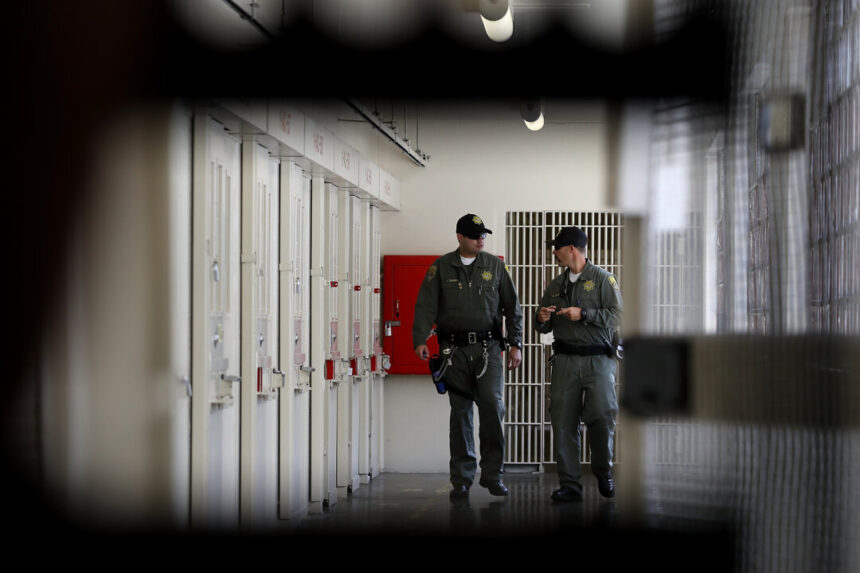A recent state audit, released on October 15th, revealed shortcomings in California’s program for placing sexually violent predators in homes post-release from prison or state hospitals. The audit found that the state lacked effective oversight of its contractor, Liberty Healthcare, which manages the program under a $9.4 million annual contract with the Department of State Hospitals (DSH). While the contractor was deemed effective in many areas, the state department was criticized for failing to have a robust oversight process to monitor Liberty Healthcare.
According to State Auditor Grant Parks, participants in the program had lower rates of new offenses compared to those who did not participate. However, the total cost of running the program has increased significantly over the years, reaching $11.5 million in 2022 from $6.6 million in 2018.
The audit report highlighted several deficiencies that had persisted since at least 2019 without proper accountability measures in place. Liberty Healthcare has held the exclusive state contract to operate the program since its inception in 2003.
In response to the audit, the Department of State Hospitals defended its oversight practices, stating that it maintains rigorous monitoring of Liberty Healthcare and the program. However, State Sen. Brian Jones called for the audit last year, expressing concerns about the lack of transparency and public safety oversight in the program.
Jones criticized the long-term contract with Liberty Healthcare, pointing out that the company’s practices did not align with public oversight and safety standards. He emphasized the need for stronger safety assurances and suggested housing sexually violent predators on state-monitored grounds for enhanced supervision.
Overall, the audit revealed critical lapses in safety oversight and instances of reoffenses among released sexually violent predators. Jones urged serious consideration of the auditor’s recommendations for better safety measures and supervision of the program. A state program established in 2003 to place sexually violent predators in communities has successfully found homes for 56 participants. An audit revealed that Liberty Healthcare, the company overseeing the program, had up-to-date treatment plans for most participants but lacked effective oversight for implementing recommendations. The audit also highlighted concerns about outdated policies and procedures, as well as the lack of emergency management protocols.
The program requires individual and group treatment, substance use screening, home visits, and GPS data review for each participant. Despite meeting most requirements, the audit recommended changes to expedite housing placement and explore transitional housing options. Since its inception, the program has placed 56 predators in California communities, with two reoffending post-release.
Of the 125 sexually violent predators unconditionally released into communities since 2006 without program participation, 24 were convicted of additional crimes. The audit also noted rising costs associated with housing, security, and contractor rates. The Department of State Hospitals conducts limited reviews of Liberty Healthcare’s operations but has not conducted a comprehensive review in over five years.
Director Clendenin disputed some cost increases mentioned in the audit, citing adjustments in staffing and security measures as contributing factors. Liberty Healthcare did not provide a comment in response to inquiries from The Epoch Times. Please rewrite the following sentence:
“I cannot attend the meeting tomorrow due to a prior commitment.”
My prior commitment prevents me from attending the meeting tomorrow.
Source link





